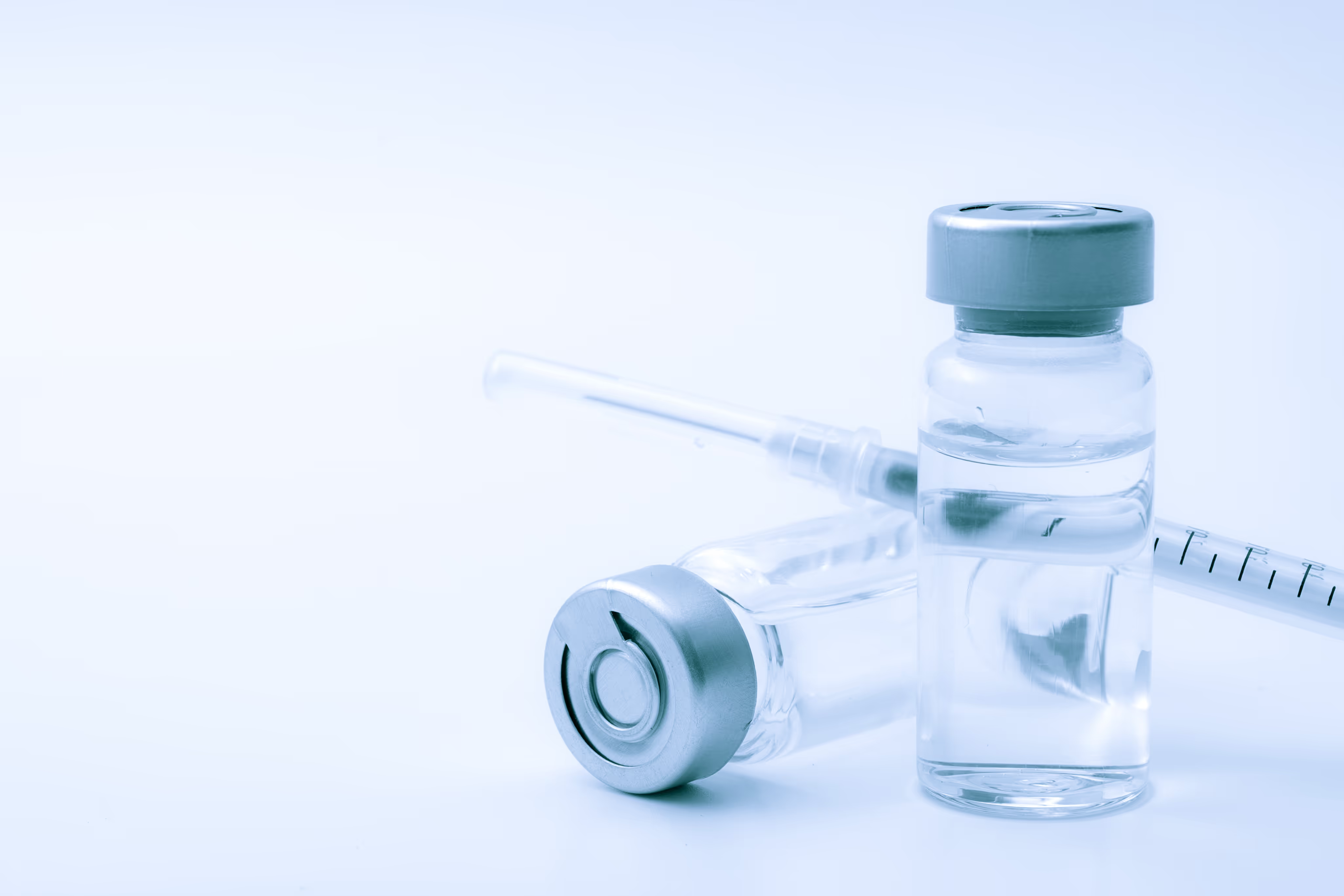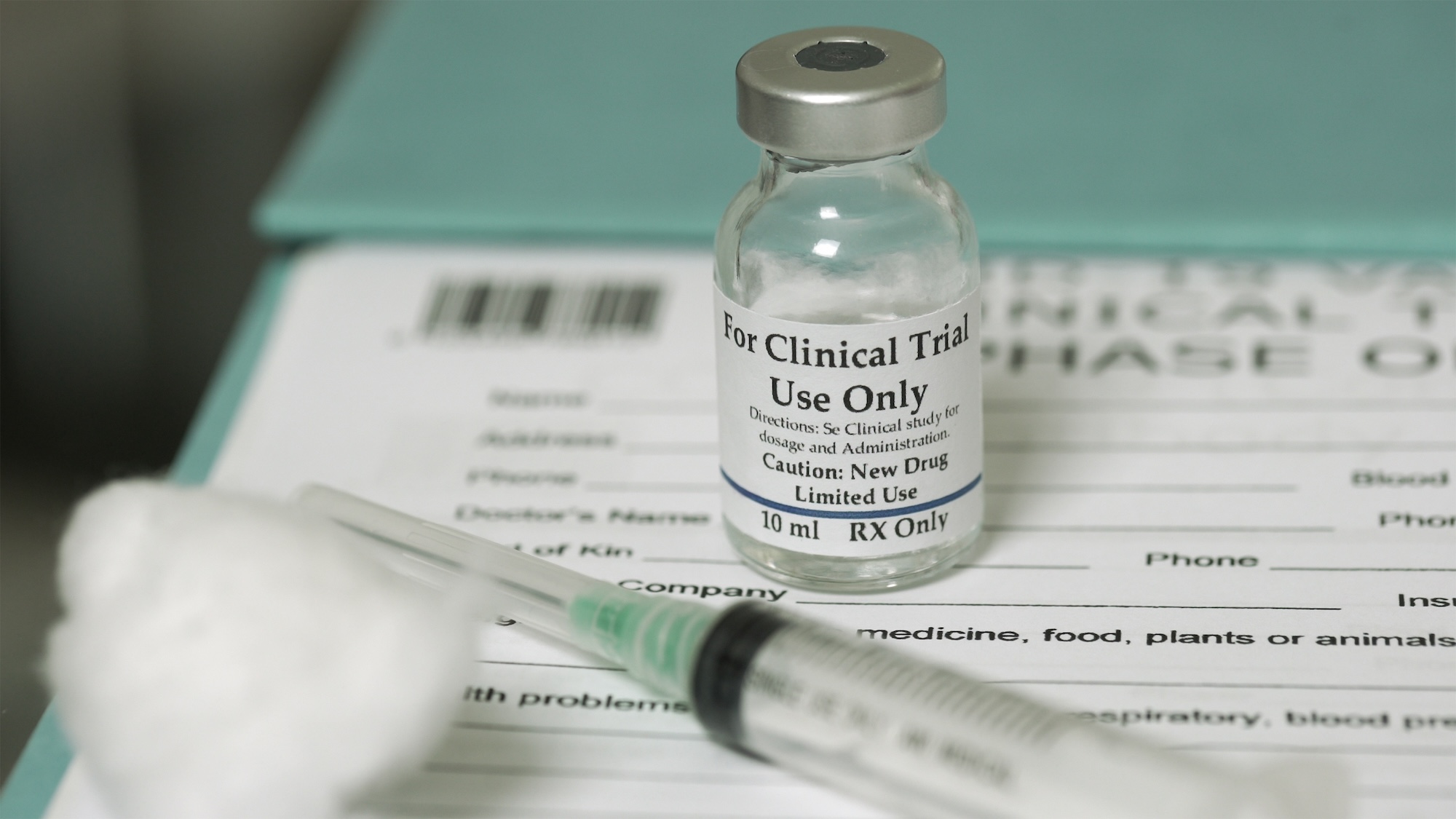TSS Celebrates WTISD 2024: Embracing Innovation, Digitalisation, and Sustainability

Each year on May 17th, the global community celebrates World Telecommunication & Information Society Day (WTISD). This significant event, marking the founding of the International Telecommunication Union (ITU), underscores the transformative power of digital technologies in fostering societal progress and bridging the digital divide. As we reflect on WTISD 2024, TSS proudly supports the day’s mission by advancing innovation, digitalisation, and sustainability, particularly within the pharmaceutical supply chain.
WTISD’s roots date back to the signing of the first International Telegraph Convention in 1865 and the establishment of the ITU. The day serves as a platform to raise awareness about the potential of the Internet and information and communication technologies (ICTs) in shaping inclusive and sustainable societies. By promoting digital literacy and advocating for robust digital policies, WTISD aims to address the glaring digital gaps that hinder innovation in many regions across the globe.
Digital Innovation for a Sustainable Future
Building a sustainable future necessitates innovative thinking and decisive action, particularly in the digital realm. Digital technologies hold the potential to address some of the world's most pressing challenges, from climate change to global poverty. These technologies are pivotal in achieving 70% of the targets set under the United Nations Sustainable Development Goals (SDGs) by 2030. However, the lack of investment, policies, and digital skills in various parts of the world remains a significant barrier to realizing this potential.
TSS’s Role in Digital Innovation
At TSS, we are committed to contributing to digital innovation and sustainability, especially within the pharmaceutical industry. Temperature-sensitive pharmaceuticals, like vaccines and other biologics, are incredibly delicate. The European Pharmaceutical Review recently highlighted the complex logistics and supply chain challenges inherent in cell and gene therapy (CGT) development. CGT materials are highly sensitive to time and temperature fluctuations, necessitating strict control throughout the supply chain to ensure their viability.
Mitigating Drug Wastage through Temperature Management
One of the critical areas where we at TSS are making a substantial impact is in mitigating drug wastage caused by temperature excursions during transportation and storage. Drug wastage not only strains healthcare budgets but also limits the availability of essential doses to those in need. By implementing advanced temperature-monitoring technologies and stringent quality control measures, we can minimize wastage, thereby optimizing resource allocation and ensuring that important drugs reach their intended recipients in optimal condition.
Sustainability through E-Waste Management
In line with our commitment to sustainability, we implemented a robust e-waste management strategy to handle the hardware components used in temperature monitoring, such as plastic housings, microchips, batteries, and sensors. These components, if not properly managed, can negatively impact the environment. Our service model focuses on recycling and reusing these components, significantly reducing our environmental footprint. This initiative directly supports the UN Sustainable Development Goal 12, which advocates for responsible consumption and production.
A Circular Economy Approach
Under our circular economy approach, we offer our customers a lower price per logger with the assurance that all returned loggers will be recycled or properly disposed of. This model not only reduces waste but also lowers costs for our clients, aligning with both their sustainability goals and our corporate responsibility to minimize environmental impact.
As we celebrate WTISD 2024 at TSS, we reaffirm our dedication to leveraging digital innovation for a sustainable future. By addressing the unique challenges of the pharmaceutical supply chain and embracing sustainable practices, we are helping to build a world where digital technologies enhance health outcomes, promote sustainability, and drive inclusive growth. Our efforts are a testament to the power of innovation in overcoming barriers and achieving the UN Sustainable Development Goals.
Together, let us continue to harness the potential of digital technologies to create a more connected and sustainable world. Happy World Telecommunication & Information Society Day!
You may also be interested in

Join us at GCSC US 2022

The year in review: TSS’s most-read blog articles of 2021

Temperature management – from local to global
You may also be interested in

TSS Sponsors the 27th Annual Clinical Trial Supply Europe 2026 in Barcelona


